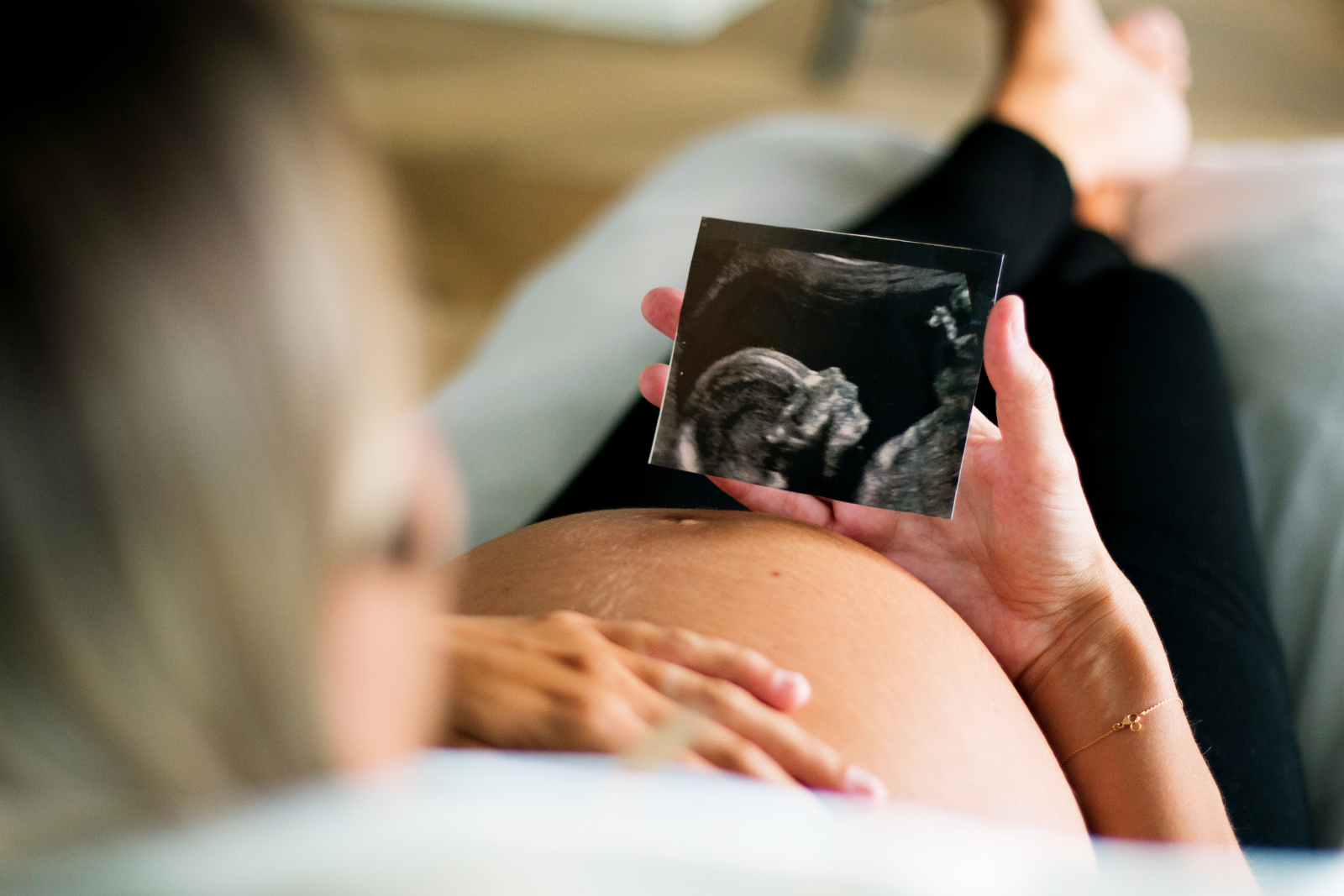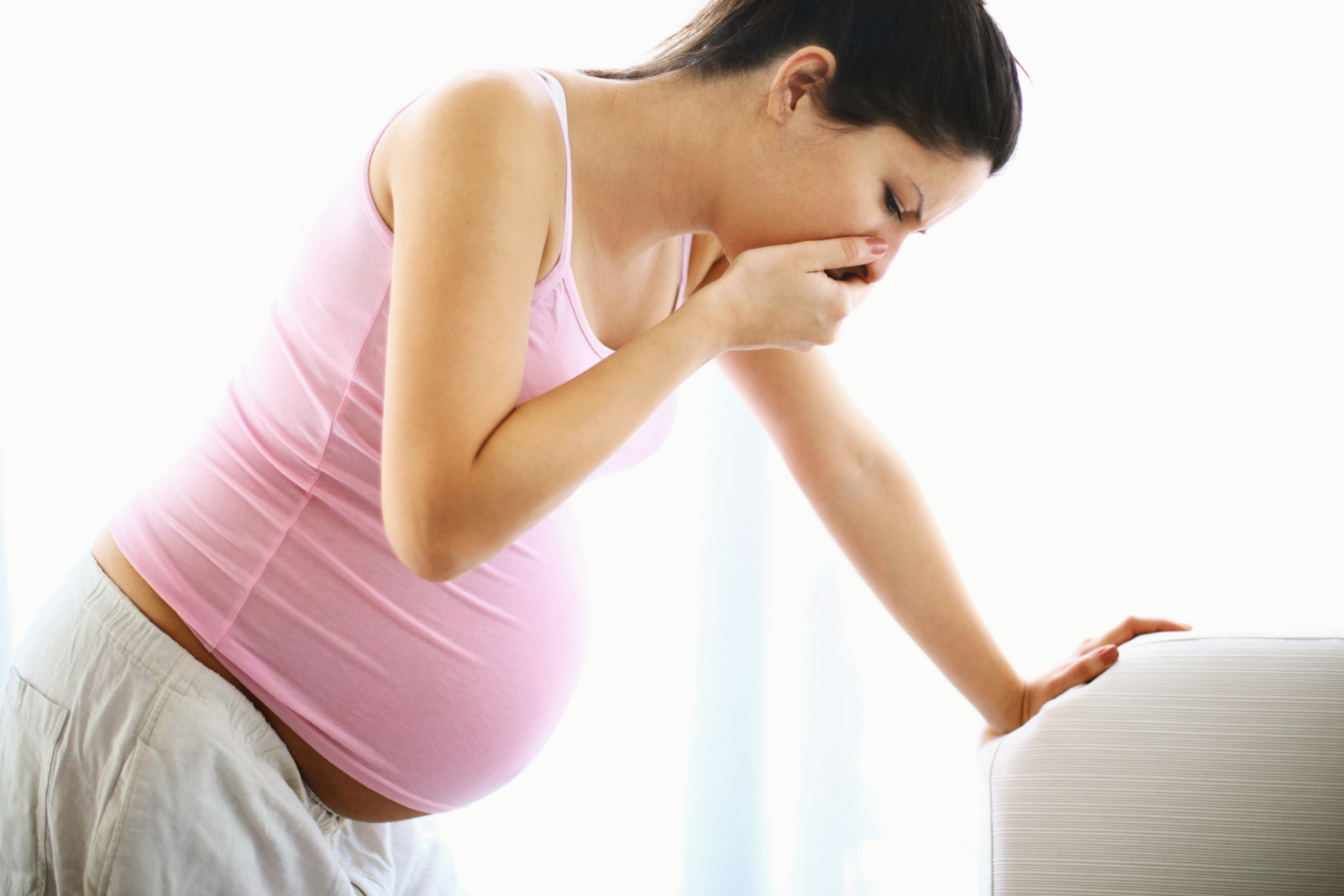We understand it is difficult for breastfeeding mothers to know exactly how much milk their baby is getting with each feed. However, with time and growing confidence you will be able to look for subtle signs that your baby is getting enough milk!
Signs that your baby is getting enough breast milk:
- Your baby is having at least six to eight very heavy wet nappies each day
- Their urine is pale and not concentrated
- Their poos are soft & a yellow colour
- Breastfed babies who are getting enough breast milk do not become constipated
- Your baby is alert and responsive
- They are having a steady weight gain when averaged out over a four week period
- They are showing growth in length and head circumference
- Their muscles can be felt underneath their skin
- They are reasonably content for some time in between feeds
What you can do to ensure a good supply of breastmilk:
- Track your baby’s growth on a chart
- Make sure your baby is showing signs of good health
- Make sure that your baby is attaching properly to the nipple
- Offer both breasts and when your baby slows down their sucking, then “switch” them onto the other breast
- Make sure you are eating a healthy and well balanced diet
- Drink plenty of water, enough to satisfy your thirst
- Avoid drinking too much caffeine such as tea, coffee, energy and cola drinks
- Try to get as much rest as you can
- Avoid exercising excessively or going on calorie restriction diets
Need advice from our midwives? Call POGS on (08) 6270 0123 or email: reception@pogs.com.au if you need to make an appointment.



Our Delivery Location
Celebrated 10 years in 2021 & over 5000 babies delivered!
About Us
We are POGS – Perth Obstetrics & Gynaecology Specialists.
We promote the wellbeing & dignity of all women and deliver first class & affordable private Specialist Obstetrics & Gynaecology care.
Consulting Location
Suite 302, Level 3
St John of God Subiaco Clinic
25 McCourt Street Subiaco WA 6008
Phone: (08) 6270 0123
Fax: (08) 9271 7400
© Copyright 2021 | All Rights Reserved | Perth Obstetrics & Gynaecology Specialists













